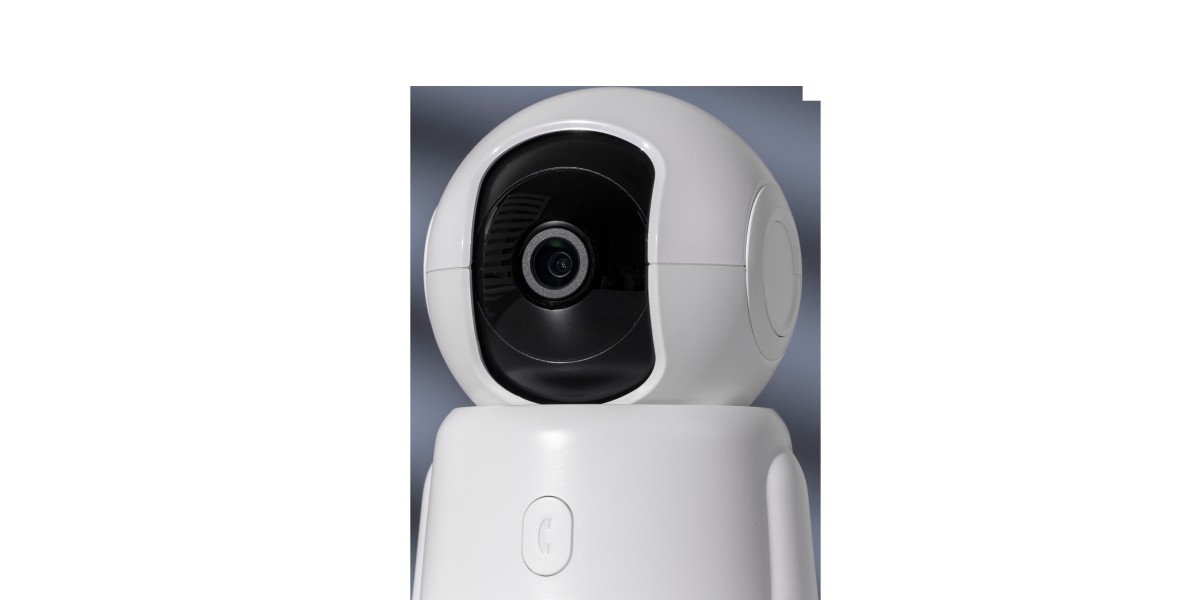As hospitals increasingly adopt advanced technologies to enhance patient care and ensure facility security, a rising concern among patients and their families is: Do hospital rooms have cameras? And if they do, what are hospitals legally required to disclose?
Hospitals have a duty to provide a safe environment for both patients and staff. Surveillance systems, including cameras, are often used to support that goal. However, the use of video monitoring in areas where patients expect privacy—like their hospital rooms—must be handled carefully and within the boundaries of the law.
This blog explores what hospitals can and cannot do when it comes to surveillance in patient areas and highlights the legal disclosures they must provide. At Cam Security Surveillance llc, we help healthcare facilities implement commercial security camera installation systems that are both effective and fully compliant with regulations.
Are Cameras in Hospital Rooms Legal?
The legality of placing cameras in hospital rooms depends on how and where they are used. In general, cameras in public or semi-public hospital areas like entrances, hallways, and waiting rooms are legal and don’t require individual consent. However, inside private patient rooms, the rules change.
Patients in hospital rooms have a reasonable expectation of privacy. Recording them without clear notification or consent can lead to legal consequences and even violate federal laws such as HIPAA (Health Insurance Portability and Accountability Act). So, while some hospitals may use cameras in certain rooms, their use must comply with strict privacy laws.
What Hospitals Must Disclose About Cameras
If you’re wondering, do hospital rooms have cameras without letting you know, the answer in most cases should be no. Hospitals that operate ethically and legally must disclose the presence of video monitoring systems, especially in areas where privacy concerns exist.
Here’s what hospitals are generally required to disclose:
The presence of surveillance in patient areas, if applicable
Whether audio is being recorded, which often requires separate consent
Who has access to the footage
How long recordings are stored
The purpose of the surveillance
In many states, even video recording in a hospital room without informing the patient can be considered a violation of privacy laws. Signage and written policies are typically required to ensure legal compliance. At Cam Security Surveillance llc, we advise all clients to provide clear, visible notices wherever surveillance is active.
Why Some Hospital Rooms May Have Cameras
Although most general hospital rooms do not have cameras, certain scenarios warrant their use, such as:
Monitoring high-risk patients in intensive care units (ICUs)
Supervising psychiatric patients for safety
Observing newborns in neonatal intensive care units (NICUs)
Tracking staff performance and patient interactions during critical treatments
These cameras are usually used to enhance patient safety and are either monitored live by medical professionals or recorded for review in case of an emergency.
Even in these situations, patients or their guardians are often informed, especially if the surveillance includes audio or is focused on individual patients. Our team at Cam Security Surveillance llc specializes in designing surveillance systems that meet these unique healthcare needs while respecting privacy.
Can Patients Decline Being Recorded?
Another common question tied to do hospital rooms have cameras is: can I opt out?
Yes, in many cases, patients have the right to decline video monitoring, especially in private rooms. If a patient is in a monitored room and objects to surveillance, hospital staff can sometimes move them to an unmonitored space, depending on room availability and patient condition.
Hospitals should make patients aware of their rights and include information about video monitoring in consent forms or during the admission process. This not only ensures legal compliance but also builds trust.
Facilities looking for professional security camera installation near me must ensure that their vendor understands healthcare privacy laws and helps them implement a policy-driven approach—not just hardware installation.
Audio Surveillance: An Even Bigger Concern
Video recording is one thing; audio surveillance is another. Recording conversations without consent can be illegal in many states, even in public spaces. In hospital rooms, where sensitive medical discussions occur, audio surveillance is almost always prohibited unless clearly disclosed and legally permitted.
At Cam Security Surveillance llc, we strongly discourage the use of audio recording in patient areas. Instead, we recommend video-only systems where necessary, with clearly posted notices and restricted access to the footage.
Our commercial security camera installation services always align with HIPAA and state-specific laws, ensuring that clients are protected from potential legal issues while maintaining a secure environment.
What Hospital Administrators Should Know
Hospital administrators have a responsibility to both protect their facility and respect their patients. A legally compliant surveillance strategy should include:
Clear internal policies on camera use
Staff training on privacy regulations
Written disclosures for patients and visitors
Secure data storage and access control
Choosing a qualified and experienced vendor for implementation makes all the difference. If you're searching for professional security camera installation near me, it's essential to work with specialists who understand both technical requirements and legal boundaries.
You may also read: Elevator Security Cameras
Conclusion
So, do hospital rooms have cameras? In some cases, yes—but hospitals are legally and ethically required to disclose their use and obtain proper consent when necessary. Surveillance, when done correctly, can save lives and protect staff. But when done without transparency, it can erode patient trust and lead to legal risks.
At Cam Security Surveillance llc, we take a compliance-first approach to every commercial security camera installation. We guide hospitals through the design, installation, and policy process to ensure that every camera system is legal, effective, and respectful of patient privacy.
If you're looking for professional security camera installation near me or want to upgrade your hospital’s surveillance while staying legally compliant, contact us today. Our experts are ready to provide a consultation and help you protect your facility the right way.






